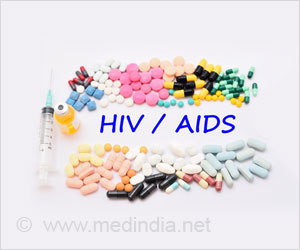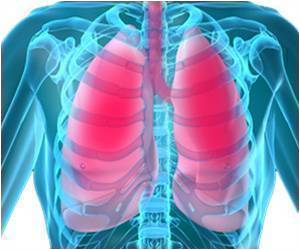The fight against AIDS in developing countries is facing a drastic funding deficit amid rapidly rising treatment and prevention costs.
The fight against AIDS in developing countries is facing a drastic funding deficit amid rapidly rising treatment and prevention costs during the global financial crisis, experts said Tuesday.
But the funding contraction also presents an opportunity to do better with less and save more lives by eliminating waste while improving the efficiency of medical care, said Robert Hecht, co-author of a study published in Health Affairs."We are on the verge of a serious crisis," said Hecht, managing director of the Results for Development Institute in Washington, which specializes in health programs for low- and middle-income countries.
"The cost of fighting the epidemic for treatment and prevention is rising very rapidly around the world, especially in southeastern Africa."
Meanwhile, financial resources available to combat the disease are becoming "scarcer and scarcer and more under strain in part because of the global recession and also because of competition for development funds in other area," he told AFP.
By 2031, when the AIDS pandemic will enter its 50th year, developing countries could need up to 35 billion dollars annually to fight the disease -- three times the current level -- according to the study's authors.
They estimated that even with that level of funding, over one million people will be newly infected each year. Some 33 million people worldwide are currently infected with the Acquired Immune Deficiency Syndrome.
Advertisement
Such measures targeting inefficiency and waste "need to be addressed as soon as possible if we are going to see a successful fight against AIDS over the next 10 to 20 years," he warned.
Advertisement
Hecht cited as one example using a nurse rather than a doctor in some instances of treatment.
On the prevention front, efforts and resources should be more narrowly directed toward proven measures while unproven, extraneous ones would be disregarded, he said.
In southeastern Africa, for example, male circumcision has been shown to be an important preventative measure to protect against transmission of the AIDS virus.
But most young and adult men are not circumcised in this region where the infection rate remains high, noted Hecht.
Another measure, he said, is to use drugs to treat HIV-positive mothers to make sure their babies are not infected.
The Bill & Melinda Gates Foundation provided funding for Hecht's paper and other articles in a series published in the November/December issue of Health Affairs focused on the litany of challenges facing world policymakers on HIV/AIDS prevention and treatment.
Among the authors was Anthony Fauci, director of the US National Institute of Allergy and Infectious Diseases, who called for an increase of global funding to fund a "robust" research agenda that would span a variety of challenges, from vaccine to new prevention measures.
Source-AFP
THK













